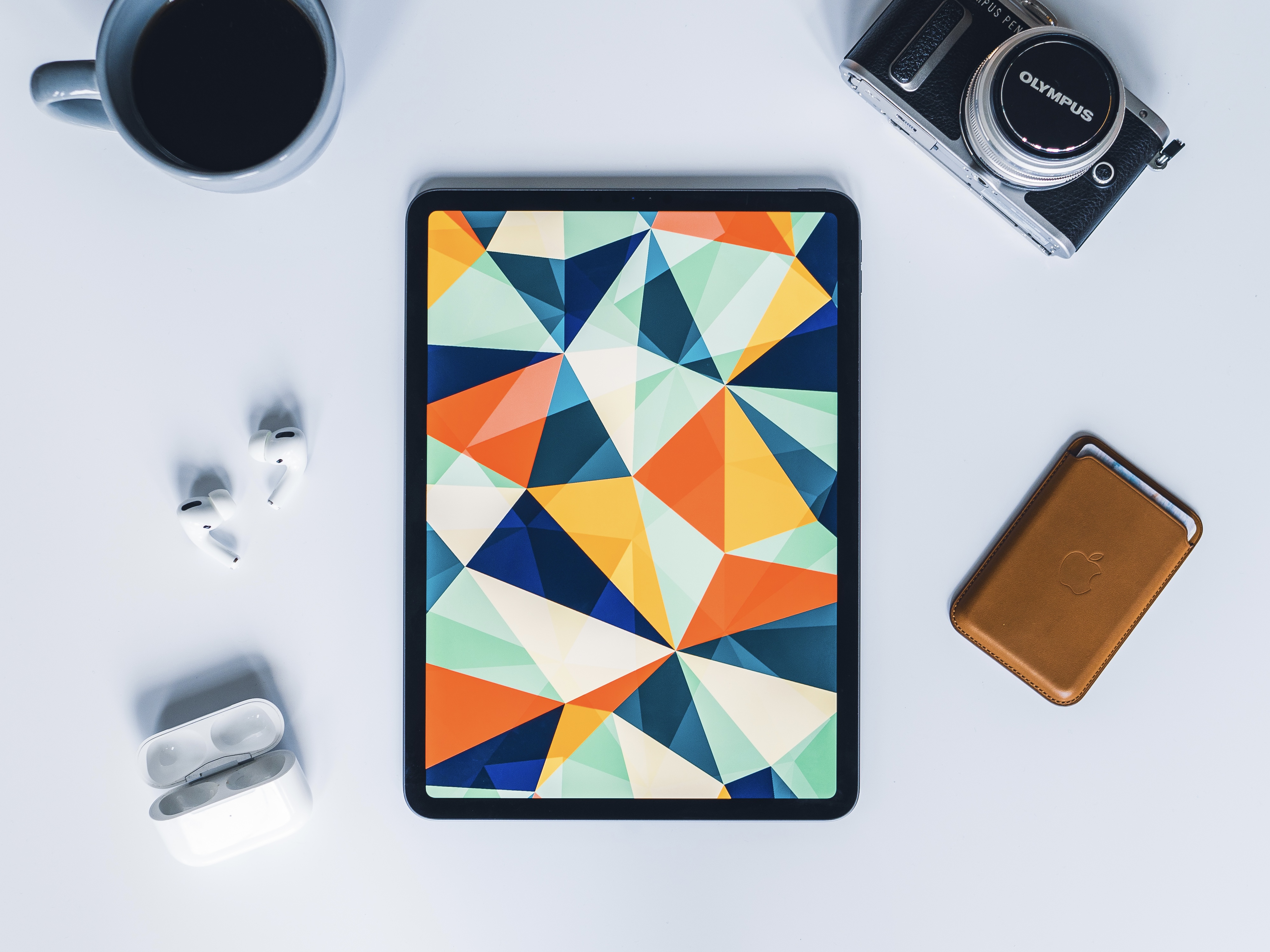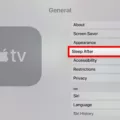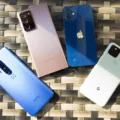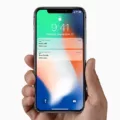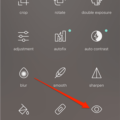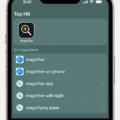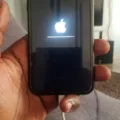When it comes to protecting your smartphone screen, tempered glass screen protectors have become increasingly popular due to their durability and clarity. However, one concern that many people have is whether a tempered glass screen protector will affect the touch sensitivity of their phone.
Touch sensitivity is an important aspect of a smartphone’s functionality. It refers to the ability of the phone to detect and respond to touch inputs accurately and quickly. Any interference with touch sensitivity can be frustrating and affect the user experience.
Fortunately, tempered glass screen protectors are designed to have minimal impact on touch sensitivity. Unlike plastic screen protectors, tempered glass protectors are made from a thin layer of glass that is highly transparent and can feel identical to not having a screen protector at all.
The touch sensitivity of a phone can be affected by the thickness of the screen protector. Thicker plastic protectors can sometimes interfere with or affect the level of sensitivity for the screen, making it appear that the phone is not detecting the input.
On the other hand, tempered glass protectors are typically thinner and designed to have a smoother feel than other types of protectors. They won’t affect touchscreen sensitivity, according to experts.
It is worth noting that installing a tempered glass screen protector can sometimes affect the screen sensitivity slightly. However, this is usually minimal and can be easily adjusted through the phone’s settings.
When considering a screen protector for your phone, a tempered glass screen protector is an excellent choice. Not only is it highly durable and transparent, but it also has minimal impact on touch sensitivity. With proper installation and care, your phone’s screen can remain protected while maintaining its full functionality.
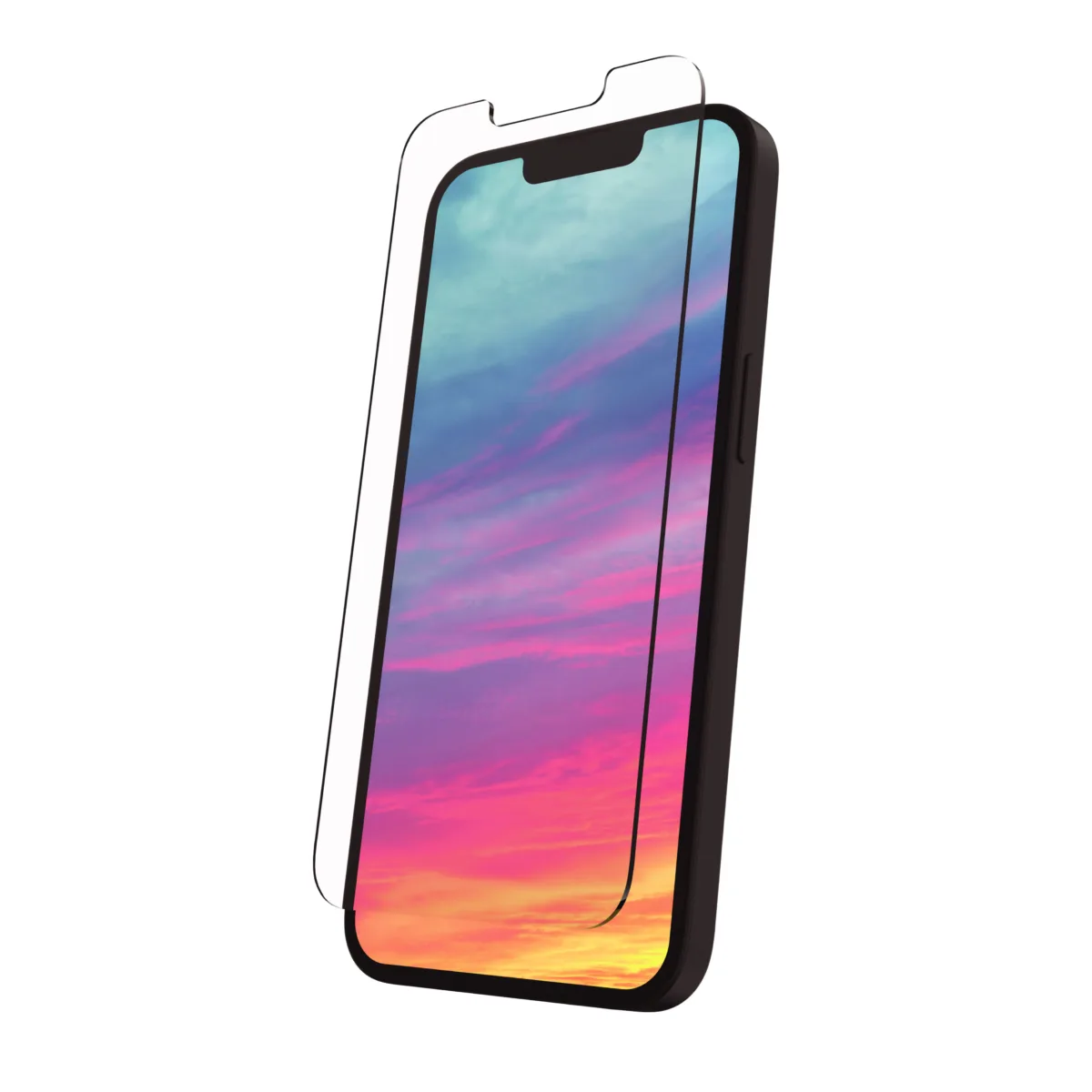
Can Tempered Glass Affect Screen Sensitivity?
Tempered glass screen protectors can affect the touch sensitivity of your phone’s screen. The thickness of the screen protector is the main factor that can impact the responsiveness of your phone. Thicker screen protectors can make it difficult for your phone to register touch input accurately, which can lead to delays or missed commands. However, most high-quality tempered glass screen protectors are designed to minimize this impact and provide a smooth and accurate touch experience. It is important to choose a reputable brand and ensure that the screen protector is properly installed to minimize any negative effects on touch sensitivity.
Do Glass Screen Protectors Affect Touch Sensitivity?
Glass screen protectors can affect touch sensitivity depending on their thickness and quality. Thicker protectors may reduce sensitivity, making it harder for the phone to detect your touch input. This is because the distance between the screen and your finger is increased, creating a gap that can cause a delay in the phone’s response. However, high-quality glass screen protectors are designed to avoid this issue by being thin enough to maintain touch sensitivity while still providing protection. Therefore, it is essential to choose a high-quality glass screen protector that is compatible with your phone’s model to ensure that it does not affect touch sensitivity.
Does Tempered Glass Affect Touch Sensitivity In iPhones?
According to experts, tempered glass does not affect the touch sensitivity of iPhones. In fact, tempered glass is designed to maintain the touchscreen’s responsiveness and accuracy. The glass is smooth to the touch and won’t interfere with the natural feel of using an iPhone without a screen protector. Additionally, tempered glass is highly transparent and does not affect the clarity or brightness of the screen. the use of tempered glass as a screen protector does not negatively impact touch sensitivity on iPhones.
Can A Screen Protector Mess Up The Touch Screen?
It is possible for a screen protector to mess up the touch screen. This can happen if the screen protector is not installed properly or if it is of poor quality. If the screen protector is not aligned correctly, it can create air bubbles that interfere with the touch screen’s sensitivity. Similarly, if the screen protector is too thick or too thin, it can affect the accuracy of the touch screen. Additionally, some screen protectors may not be compatible with certain devices, which could result in touchscreen issues. To avoid these problems, it is important to choose a high-quality screen protector that is specifically designed for your device and to follow the installation instructions carefully.
Conclusion
Tempered glass screen protectors are a great investment for anyone looking to protect their phone’s screen from scratches, cracks, and other damage. Unlike plastic protectors, tempered glass is designed to have a smoother feel and won’t interfere with touchscreen sensitivity. Additionally, it offers superior protection against impact damage, ensuring that your phone’s screen stays in top condition for longer. a tempered glass screen protector is a smart choice for anyone looking to keep their phone looking and functioning like new.


